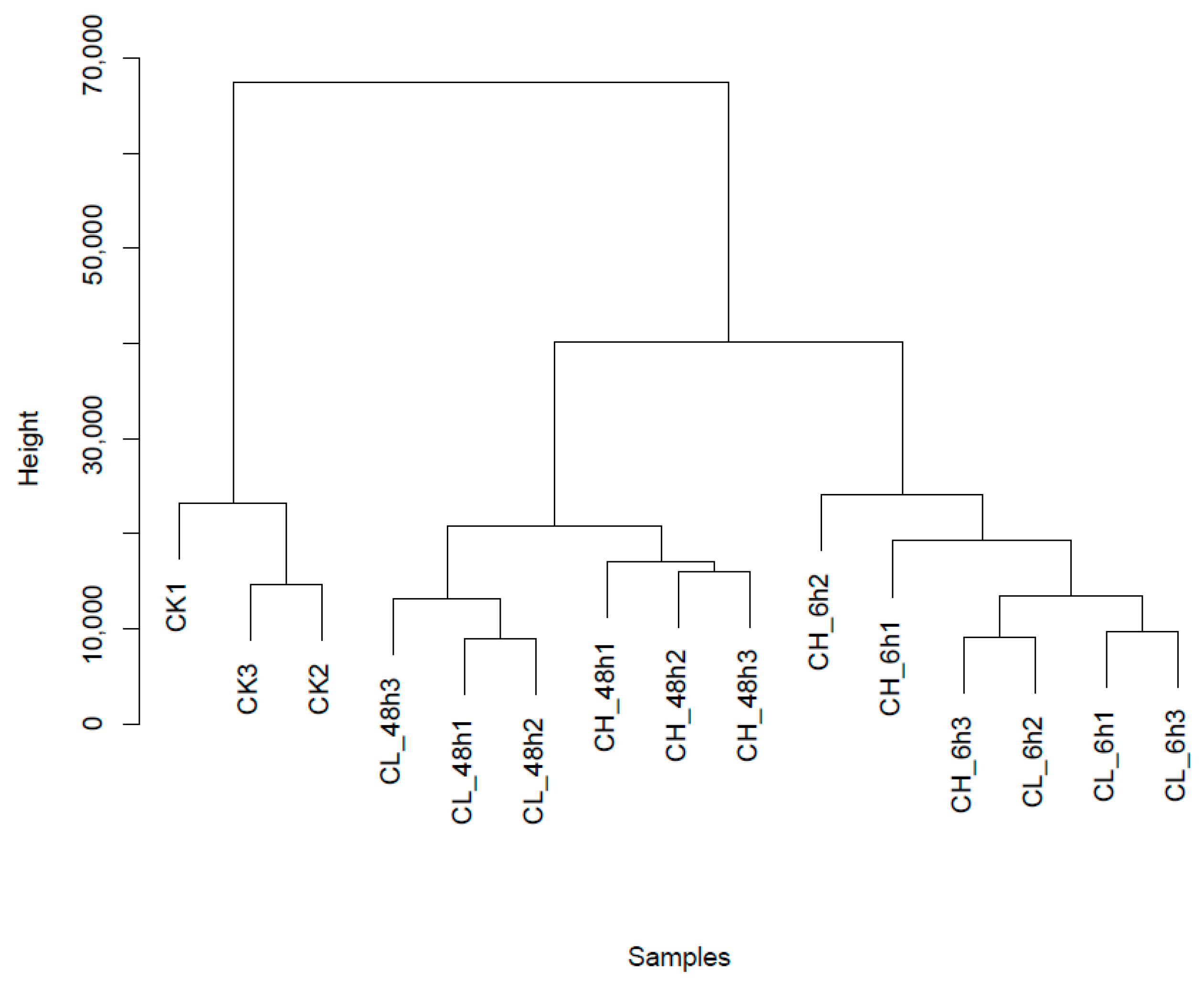An Algorithm For Differential File Comparison Bibtex
Table 1 Space requirements of each data structure in the hsadelta algorithm. - 'An approximation to the greedy algorithm for differential compression'. Snow Patrol Eyes Open 320 Rar. Table 1 Space requirements of each data structure in the hsadelta algorithm. - 'An approximation to the greedy algorithm for differential compression'.
Part of the book series (LNCS, volume 1167) Abstract Delta algorithms compress data by encoding one file in terms of another. This type of compression is useful in a number of situations: storing multiple versions of data, distributing updates, storing backups, transmitting video sequences, and others.

This paper studies the performance parameters of several delta algorithms, using a benchmark of over 1300 pairs of files taken from two successive releases of GNU software. Results indicate that modern delta compression algorithms based on Ziv-Lempel techniques significantly outperform diff, a popular but older delta compressor, in terms of compression ratio.
The modern compressors also correlate better with the actual difference between files; one of them is even faster than diff in both compression and decompression speed.
I've been looking like crazy for an explanation of a diff algorithm that works and is efficient. The closest I got is (from several Eric Sink blog posts), which describes in perfectly understandable terms the data format in which the diff results are stored. However, it has no mention whatsoever as to how a program would reach these results while doing a diff. 2017 Quickbooks here. I'm trying to research this out of personal curiosity, because I'm sure there must be tradeoffs when implementing a diff algorithm, which are pretty clear sometimes when you look at diffs and wonder 'why did the diff program chose this as a change instead of that?' Does anyone know where I can find a description of an efficient algorithm that'd end up outputting VCDIFF?
By the way, if you happen to find a description of the actual algorithm used by SourceGear's DiffMerge, that'd be even better. NOTE: longest common subsequence doesn't seem to be the algorithm used by VCDIFF, it looks like they're doing something smarter, given the data format they use. Is a fantastic paper and you may want to start there. It includes pseudo-code and a nice visualization of the graph traversals involved in doing the diff. Section 4 of the paper introduces some refinements to the algorithm that make it very effective.
Successfully implementing this will leave you with a very useful tool in your toolbox (and probably some excellent experience as well). Generating the output format you need can sometimes be tricky, but if you have understanding of the algorithm internals, then you should be able to output anything you need. You can also introduce heuristics to affect the output and make certain tradeoffs. That includes a bit of documentation,, and examples of a diff algorithm using the techniques in the aforementioned algorithm. The appears to follow the basic algorithm closely and is easy to read. There's also a bit on preparing the input, which you may find useful. There's a huge difference in output when you are diffing by character or token (word). Ged Programs Brandon Mississippi.
I would begin by looking at the actual source code for diff, which GNU makes. For an understanding of how that source code actually works, the docs in that package reference the papers that inspired it: The basic algorithm is described in 'An O(ND) Difference Algorithm and its Variations', Eugene W. Myers, 'Algorithmica' Vol. 251-266; and in 'A File Comparison Program', Webb Miller and Eugene W. Myers, 'Software--Practice and Experience' Vol. 11, 1985, pp.